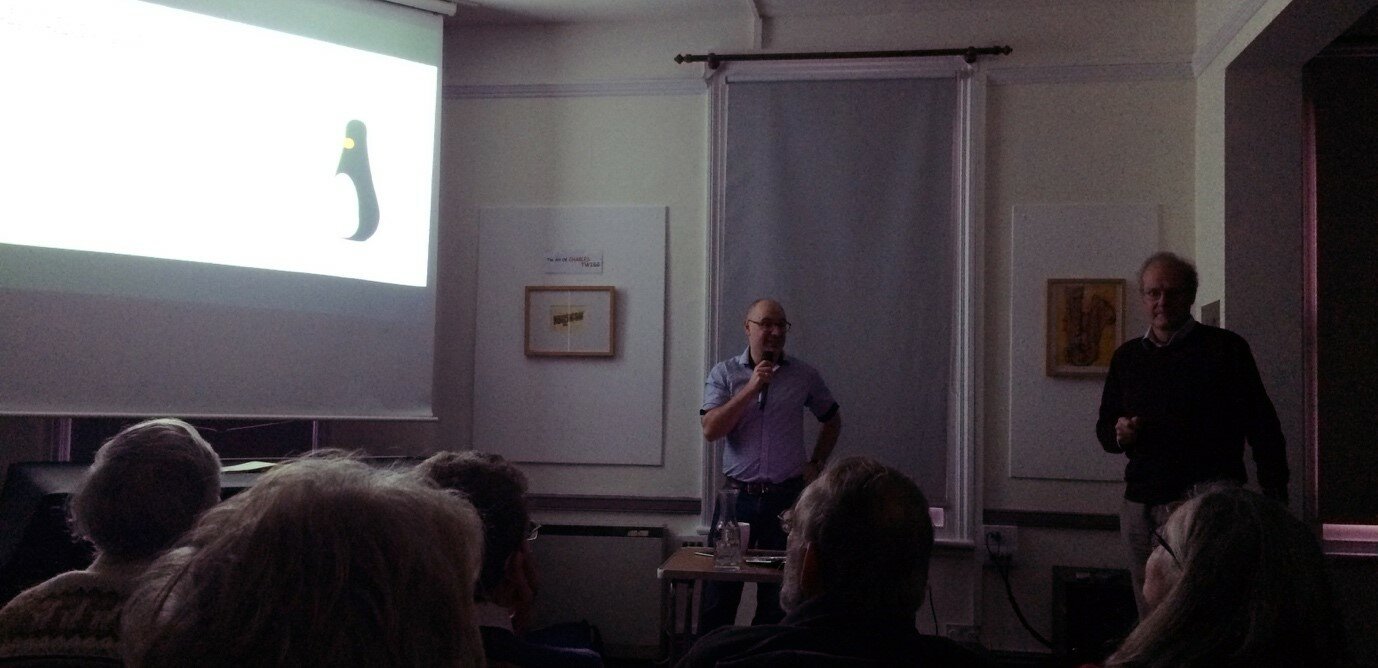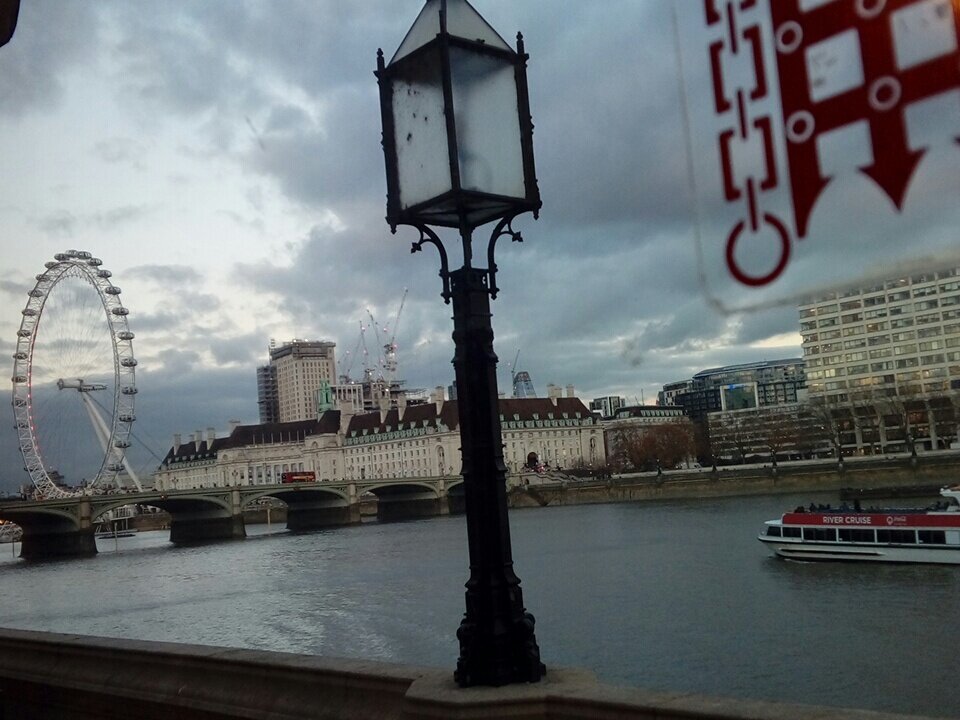With thanks to Wikipedia!
If you thought that the Digital Economy is like the Wild West in its lawlessness and range of quirky accents, think again: it is in fact subject to attempts at stringent regulation.
The Digital Economy Bill 2016–17 addresses policy issues related to electronic communications infrastructure and services, and updates the conditions for and sentencing of criminal copyright infringement. It was introduced to Parliament by culture secretary John Whittingdale on 5 July 2016.
It’s controversial.
- The provisions for the age verification of pornographic website users regarding the privacy of collected user data and the possible ineffectiveness of a method focussed on restricting payments.
- The proposals for bulk data sharing raised concerns over the risk of misuse.
- The provisions regarding copyright infringements were criticised for the vagueness of the definition and the severity of the maximum sentence (10 years in prison).
- A number of expert witnesses to the Digital Economy Bill Committee expressed concerns about the bill. Jerry Fishenden, co-chair of the Cabinet Office’s Privacy and Consumer Advisory Group, expressed the opinion that the bill was based on an “obsolete” model of data sharing. He commented: “I find it surprising the bill doesn’t have definition of what data sharing is, both practically and legally… I’d like to see some precision around what’s meant by data sharing. The lack of detail is concerning.” He also said that the bill “appears to weaken citizens’ control over their personal data”, something that is “likely to undermine trust in government and make citizens less willing to share their personal data”.
- Jeni Tennison, CEO of the Open Data Institute, commented on the lack of transparency regarding existing public sector data sharing agreements and how the bill’s measures fit with them.
- Mike Bracken, chief digital officer at the Co-operative Group and former head of the Government Digital Service, expressed the opinion that “the government relies on bulk data sets too often, instead of simply asking for the individual data set pertaining to the information needed”.
- The civil liberties and privacy advocacy group Big Brother Watch told the committee that the bill overlooked the work of the Government Digital Service in setting up the uk Verify scheme, a model based on the government not centrally storing data.
The provisions of the Bill include:
- Allowing Ofcom, the communications sector’s regulator, to financially penalise communications providers for failing to comply with licence commitments.
- Creating an age-verification regulator to publish guidelines about how pornographic websites should ensure their users are aged 18 or older. The regulator should also be able to fine those which fail to comply. The BBFC has been commissioned to fulfil this role.
- Creating a legal right to minimum Internet download speeds for customers.
- Requiring Internet service providers to provide compensation to customers if service requirements are not met.
- Allowing English and Welsh courts a greater range of sentencing options for Internet copyright infringement.
- Providing for increased penalties for nuisance calls.
- Giving Ofcom oversight of the BBC.
- Updating the Ofcom Electronic Communications Code to make it easier for telecommunications companies to erect and extend mobile masts.
The Government expects the bill to complete its passage through the House of Commons by the end of 2016. It will then move to the House of Lords. The Government aims to achieve Royal Assent by the end of Spring 2017.
While it’s hard to argue with the principle behind the regulations, is it the thin end of the wedge for loss of privacy, and individual self-determination and self-regulation online? What do you think?






